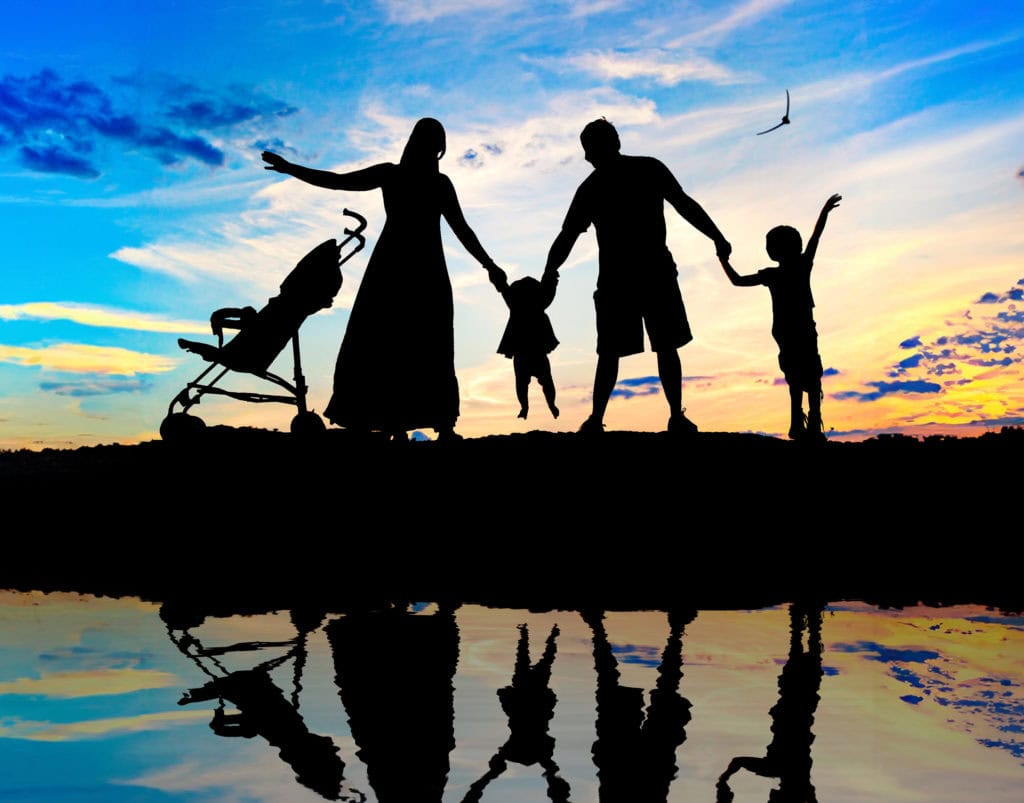Free Case Evaluation | Call Us 24/7 AT (416) 658-1818
Under section 22 of the Criminal Code of Canada, if an individual has an awareness of a crime because they have witnessed the crime or have been told that the crime has occurred.
This awareness coupled with their failure to report this crime to the police service or other relevant agency might result in them being viewed as aiding or abetting the crime. Such an individual may be charged with counselling for an offence.
Being convicted of an offence under s.22 might lead to a criminal record. However, it is quite rare for someone to be charged under s.22.
Section 22 of the Criminal Code addresses the act of counselling another to commit an offence. It states that an individual who counsels another to be a part of an offence, then that individual is considered a part of the offence, even if the offence is committed in a way different than counselled.
The same individual is also seen as a part of every offence committed as a consequence of the counselling which the individual involved in counselling knew or should have known was likely to happen.
"Counsel" here includes procurement, solicitation, or incitement according to the Act. Section 22 is notably the only instance where one may be charged for failing to report a crime under the Criminal Code of Canada. It is noteworthy that failing to report a crime is an offence in certain circumstances in many provinces under provincial legislation.
Provincial offences are regulated by the Provincial Offences Act which includes statutes endorsed by different provincial legislature acts. These offences are designed to control individual behaviours in particular instances and are typically seen as minor. The result of a conviction under a provincial statute typically correlates to a monetary fine, in relation to the specific offence committed.
Interestingly, a conviction under such a statute wouldn't appear on the convicted individual's criminal record. Various provinces have different provincial acts that lay down a statutory duty for individuals to report a crime under particular circumstances. These provincial statutory duties are used to guide the general public and those working within specific professions, providing guidelines as to when they are responsible for reporting crimes.

Section 72 of the Child and Family Services Act (CFSA) mandates every individual, including those performing professional or official duties relating to children, to promptly report any reasonable suspicions of a child in need of protection.
This includes presenting any information that these suspicions are grounded upon, directly to the Children's Aid Society (CAS).
The Child and Family Services Act defines a child in need of protection as a child who seems to be experiencing physical, sexual, or emotional abuse, neglect, or at risk of harm. The Act also applies to any child who is under the age of 16 years and to children who are already under a child protection order and are 16 and 17 years old.
A person isn't required to be absolutely certain that a child is, or may be in need of protection to be obligated to report under the Child and Family Services Act. The need is for a person to have reasonable grounds. These are based on the information that an average person, using normal and honest judgment, would need to decide to report to the Children's Aid Society.
Once reported, the Children's Aid Society then has the responsibility to assess the information causing the suspicion. The Society will investigate the information and then make the decision on how to proceed.
Furthermore, if an individual knows that a report has already been made about a child, they must make another report to the Children's Aid Society if there are additional reasonable grounds to suspect that the child is or may be in need of protection.
Individuals who perform professional or official duties with respect to children include healthcare professionals, teachers, school principals, social workers and family counsellors. Others include religious leaders, operators or employees of childcare programs or centres, and youth and recreation workers, albeit excluding volunteers. Peace officers, coroners, child and youth service providers and employees of these service providers also form part of this group.
On top of this, any other person who performs professional or official duties with respect to a child is included. The Child and Family Services Act places additional responsibility on professionals and officials mentioned above.
If such a person fails to report when there is suspicion of a child in need, they could be found guilty of a provincial offence upon conviction. Moreover, they could be liable to a fine of not more than $1000, especially if they obtained information, warranting suspicion of a child in need of protection, in the course of their professional or official duties.
It's important to note that professional confidentiality is overruled by this duty to report, except in the case of lawyers, including Toronto Criminal Defence Lawyers, who have an obligation to protect privileged information about their clients.
A professional who risks a civil action for making a report will be protected unless it is found that they acted maliciously or without reasonable grounds for suspicion.
Professionals to whom these laws apply do not have a legal obligation to report cases of past child abuse if the victim is now an adult.
One instance where a person must report to the Director of Nursing Homes is when they suspect that a resident has suffered or may suffer harm due to unlawful conduct, improper or incompetent treatment or care, or neglect. Failure to do so could result in being charged under the Child and Family Services Act. While other adult protection laws have been introduced, they're yet to be adopted. You can also check the Sexual Assault Charges here.